#IoT comes to life We visited the Hardware Hackathon in Dublin
A couple of years ago, it would have been impossible to build an electronic device from scratch in just three days – or at least it felt that way. Nowadays, this is a reality. In fact, it happens all over the world, all the time. Thanks to 3D printers, CNC machines, cheap and easy-to-use solutions like the Arduino, the Raspberry Pi or the Intel© Galileo, plus the availability of inexpensive sensors, people can transform their ideas into smart, connected products – working prototypes – all in a matter of hours. “IoT is at a tipping point right now – idea, product and market are closer together than ever. All you need is smart people with ideas,” says Philip Moynagh, Intel’s senior vice president regarding the Internet of Things. Ideas and smart people we found at the Hardware Hackathon in Dublin.

The Hardware Hackathon in Dublin delivered all of the above, even adding more to the equation. To back up the ideas of the 13 teams that took part and provide assistance, mentors with all kinds of expertise were also invited. Their role was to provide valuable input, look at technical or financial aspects, or help assess the market or the strategy. In addition, there were coaches on hand to improve presentation skills and identify the key points to focus on when presenting their “big idea.” On the last day, senior executives and venture capitalists joined the event to listen to all the ideas and pick the three most promising startups.
By the end of the weekend, the innovations presented included a smart visor system, an intelligent helmet, a room temperature optimization system, a safety helmet with inbuilt sensors, smart vending machines, a radar collision prevention system for cyclists, a tracking device for valuable objects, wearable devices for livestock to help manage cattle, and smart sensors for fire safety.
The first prize was won by Pharmalytics, which developed and prototyped a connected pharmacy fridge complete with sensors to help monitor temperatures and the shelf life of medicines. The device sends alerts to pharmacies to ensure medicines are kept at the right temperature.
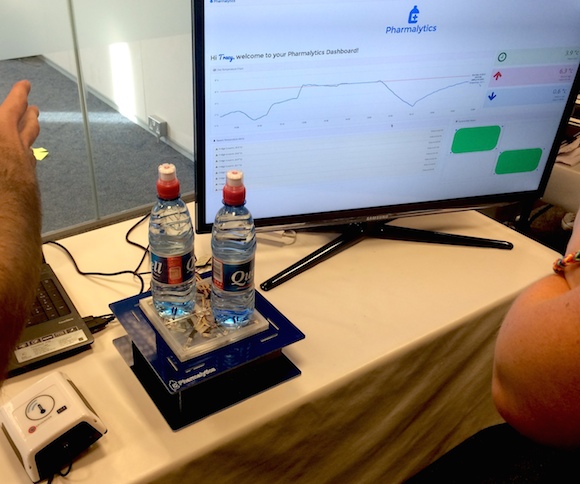
The second prize was awarded to Homebox, which developed an option for secure deliveries to a smart package delivery box when there’s no one home.
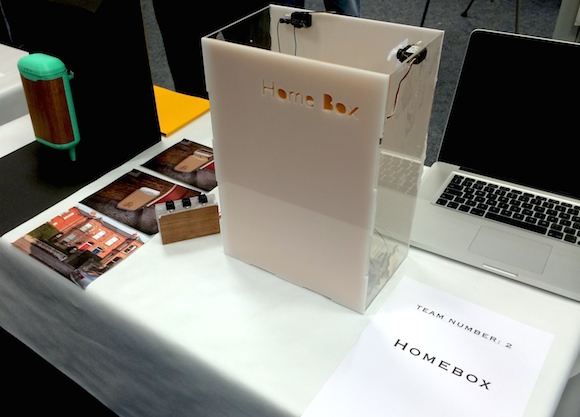
And the third prize was awarded to eco.pulse, which developed a system for monitoring water quality in residential areas.
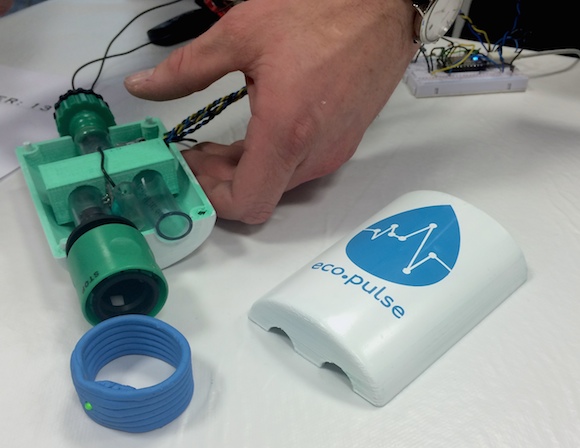
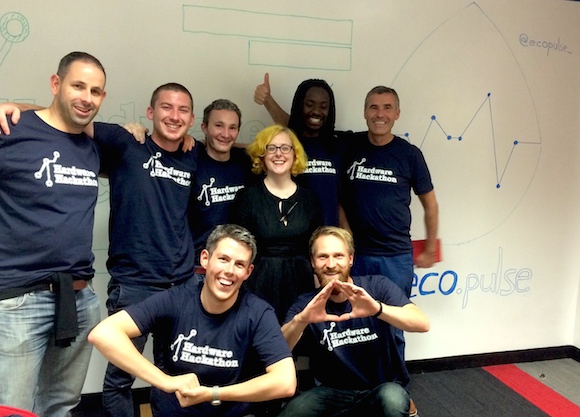
“My advice to hardware startups is jump in with two feet and believe in your idea. Make sure people understand that you have a long-term vision.”
Ben Harris, CEO & Co-Founder of DROP
According to Liam Casey, who is CEO of PCH – a company which designs custom manufacturing solutions for Fortune 500 companies and business startups – the letter A for Arts increasingly needs to be added to STEM (science, technology, engineering, mathematics). The result would be STEAM, a concept universities should start putting on their education agenda to empower graduates with more selling skills.
Events of this kind provide fertile soil for new startups. It was the first of its kind in Ireland, but will certainly not be the last. We hope to see more events like this, so to get the ball rolling, here is a nice article on how to pull off your own hard-hitting Hardware Hackathon.




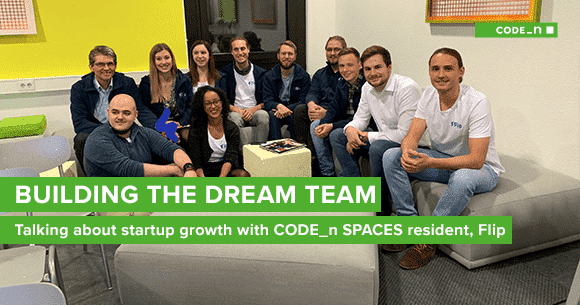
Write a comment